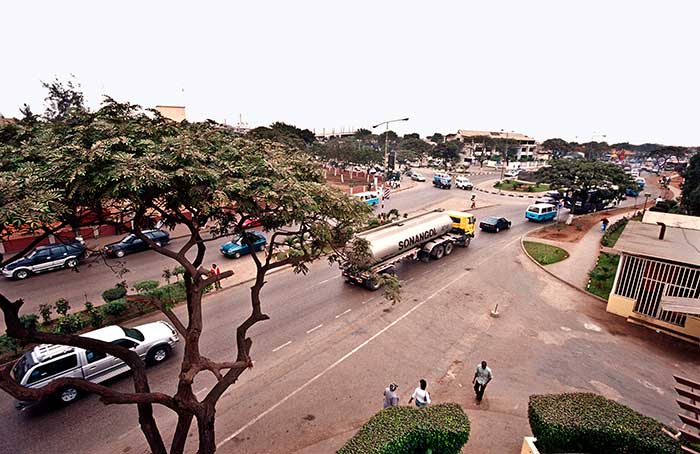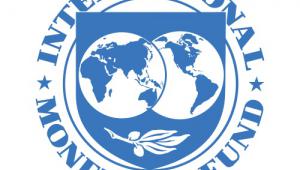web_angola_istock_29726080_large.jpg

A truck from Angola's main oil company Sonangol. The crash in commodity prices has pushed the oil-reliant nation to halve its growth figures and adjust its 2016 budget.
Speaking while presenting the revised 2016 budget to the country’s National Assembly, state minister and head of the president’s Civil Office Edeltrudes Costa said initial GDP projections for the year, had been cut to 1.1% from 3.3%.
Costa said this was also due to a considerable lull in activity in the non-oil sectors, where growth projections were reduced from 2.6% to 1.2%.
He said the steep fall in the price of oil had seriously hampered the nation’s foreign currency acquisition, leading to a drop in imports. This in turn had impacted the price of goods and services and inflation.
The revised budget also predicts a budget deficit equal to 6.8% of GDP, versus the 5.5% deficit in the previous version.
The original document was based on an oil price of $45 per barrel. But with prices averaging at $40.9 per barrel for the first quarter, and some sales made at just $30, the government was forced to revise its plans.
The slump in prices significantly affected revenue collection, with taxes on oil sales coming in much lower than forecast. The government now expects to collect $18bn, from its original plans for $24.4bn in revenues.
In July, the secretary of state for the budget Alcides Safeca noted that revenue collected between January and March accounted for just 10% of the amount forecast for the whole year.
The new budget envisages slashed spending, at $24bn instead of $30bn, and readjusted tax measures in accordance with the new outlook. It was guaranteed that social spending would remain a significant portion of expenditure.
Finance minister Armando Manuel said last week that the revision was intended to create more fiscal space for investment, which he said acts as “a lever to revive the economy”.
The revised budget was considered by the country’s National Assembly last week, where it passed by 165 votes to 33.
Presenting the budget, Costa revealed that 40.6% of total revenues would indeed go towards social spending, including on health, education, welfare and pensions.
Earlier this year, Angola had sought support from the International Monetary Fund as growth and revenues buckled under the weight of low prices.
However the country’s finance ministry terminated the talks after stating it had achieved “great fiscal equilibrium”.
However some argue cuts to public services were already taking a severe toll, with health experts attributing at least partial blame for the outbreak of yellow fever, which began in one of the capital slums last December, to the spending cuts.
Before becoming law, the revised budget still needs to be analysed by a special commission of the National Assembly.













